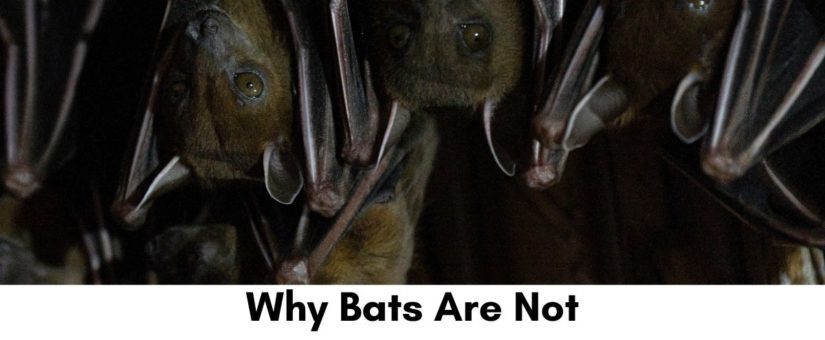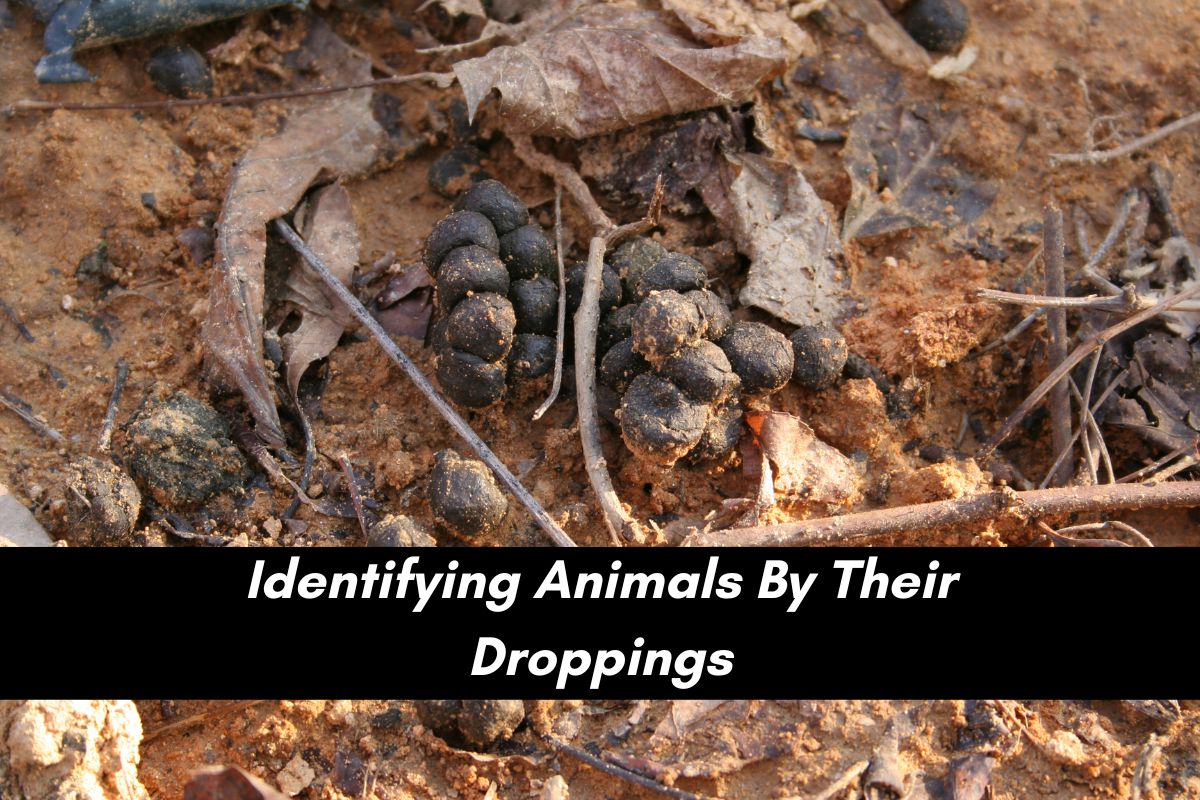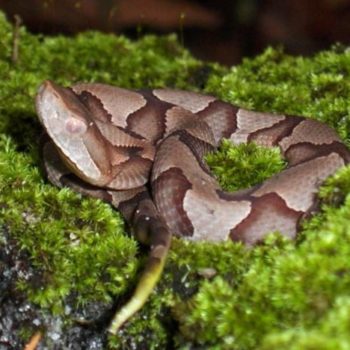
Why Having Bats At Your Home Isn’t All That Bad
- Posted by AdminBW
- On September 15, 2020
- 0 Comments
Why you should be nice to bats
We know. The word “bats” strikes fear in most civilized people. They are furry, rodent-like creatures that are active at night and fly using veiny, leathery wings. They are also associated with vampires and other creepy mythology used in popular stories.
But we’re here to tell you, bats, or at least most the species in North Carolina, can be good to have around. Below are just a few of the reasons to be nice to bats.
The negative things you “know” about bats are mostly myths
It can be hard to generalize about bats, because they are actually the second largest type of mammal in the world. Over a quarter of all mammals are bats! So naturally they feel insulted when people think they are rodents rather than their own, very populous, group. But many of the things people assume about bats, we can generalize as being false or misleading.
- Bats are not blind: Bats do use echolocation to bounce high-frequency sound waves back to themselves in order to find their way around. But this is because they operate at night, not because their eyes don’t work.
- Bats are not more prone to rabies: People are often afraid of bats because they’ve heard rabies is common among them. But while rabies is possible in all mammals, it’s fairly rare in bats.
- Bats do not dive bomb people and get in their hair: When bats dip down towards people, they are actually catching the insects that are congregating over the person’s head. Bats are great fliers and are very unlikely to get tangled in someone’s hair.
They are endangered
According to the NC Wildlife Resources Commision, there are 17 species of bat present in North Carolina, and of these, three are “federally endangered” — the Virginia big-eared bat, the gray bat, and the Indiana bat. Also, the northern long-eared bat is “federally threatened,” two others are under federal review for protected status, four are considered as “NC species of special concern,” and another is listed as “uncommon.” Only six of the 17 are listed as “common.”
Because of this, be very careful when dealing with bats on your property. You could be committing a federal or state crime if they are harmed.
They are great at eating insects
Using around 160 high-frequency calls per second, bats close in on their prey quickly and then move on to another and another. One study showed that the little brown bat can eat “10 mosquitoes or 14 fruit flies per minute.” While they are unlikely to keep this pace the entire night, they can eat a few hundred insects per night. Next time you see a swarm of mosquitoes or gnats outside your home, think about how easily one bat could take care of them.
Critter Control of the Triangle can help you determine the right response to bats
While you should not simply exterminate bats if you find them on your property, due to federal laws and because of their benefits, you may want to consult with an expert on a plan to move them on to a better place. Critter Control of the Triangle can trap and remove bats or assist in relocating them to a bat house on your property that is away from your attic or other living space.
If you live in Raleigh, Durham, Cary, Wake Forest, Apex, Chapel Hill or another Triangle-area city, call Critter Control of the Triangle today at (919) 382-0651 to discuss how we can help with any bat problems you may be having.











